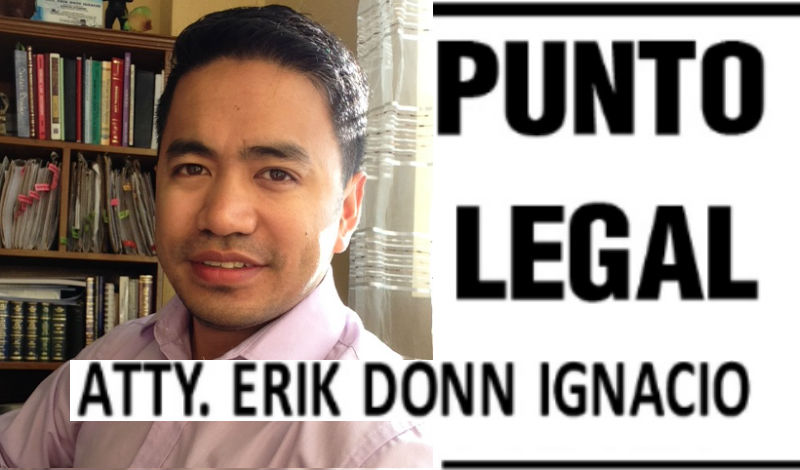The Constitution of the Philippines mandates that before a president or vice-president enter on the execution of their respective office, they shall take an oath to “preserve and defend its (Philippines) Constitution, execute its laws, do justice to every man, and consecrate myself to the service of the Nation. So help me God”. Beautiful sacred words. But of course there might be some sectors who would like to change the phrase “every man” to “everyone” or “every woman and every man”. That is not the point here. No less than the Constitution, which the supreme law of the land, requires that an official or employee take an oath before he is able to perform his functions as an official or employee. It might appear that the oath is just a conglomeration of archaic words uttered with a raised right hand. But of course its not. In fact, the acts of a public official or employee cannot be considered “official” without him taking an oath as mandated by the Constitution or the Administrative Code. Newly elected public officials will be taking their oath towards the end of the month and they will be officially occupying their respective offices on July 1. They will all be uttering the same solemn oath of office- a promise to perform their functions as public officials. It is also a declaration by the elected official that he is accepting the mandate of the people and willing to carry out the duties and responsibilities of his office.
Legal Consequence of the Oath
In Magdaluyo vs. Nace (A.C. No. 3808. February 2, 2000) the Supreme Court declared that the lawyer’s oath is a source of obligations and violation thereof is a ground for suspension, disbarment or other disciplinary action. This case was about the misconduct of a lawyer with respect to his client where the former was reprimanded by the High Court. There have been numerous cases of lawyers being punished by the Supreme Court for their violation of the lawyers oath. Some were even disbarred. Violation of the the oath of office may even be considered as betrayal of public trust and therefore may serve as a ground for the impeachment of the president.
A person who knowingly makes untruthful statements while testifying under oath or through an affidavit is guilty of perjury. Of course an affidavit is a document where the affiant declares certain matters which he swears to be the truth before a notary public or any person authorised to administer oaths. Under Article 235 of the Penal Code, an elected official may be penalised for Refusal to Discharge Elective Office if he refuses “without legal motive to be sworn in or to discharge the duties of” his office. Under the same code, any “person who shall assume the performance of the duties and powers of any public office or employment without first being sworn in” may be punished with suspension and fine. In Section 2 of Rule 29, “if the party or other witness refuses to be sworn to answer any question after being directed to do so by the court of the place in which the deposition is being taken, the refusal may be considered a contempt of that court”. In criminal cases however, the accused cannot be compelled by the court to take the witness stand otherwise his right against self incrimination will be violated.
An oath must not be treated lightly since our laws gives it much respect. If we give much respect to the oath that our officials take, then they will hopefully honor the oaths they make.














